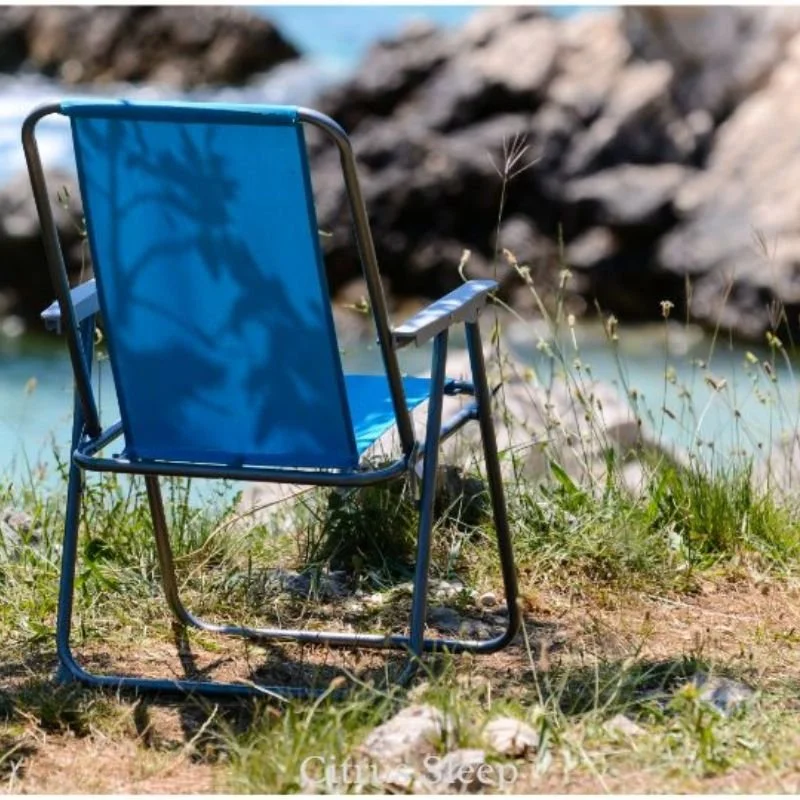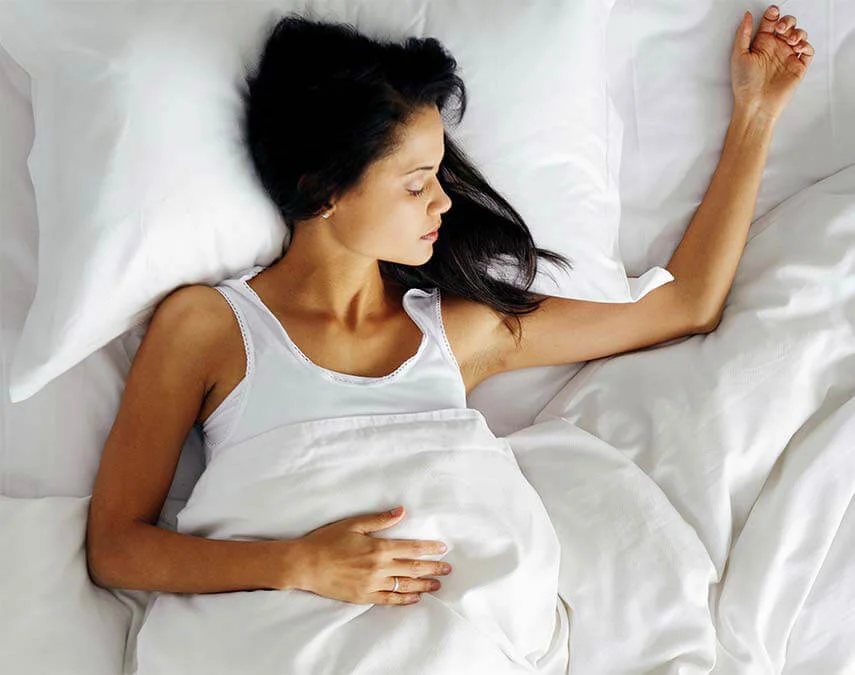Get Better Sleep On Your Next Vacation With these Helpful Sleep Tips
Whether you are traveling for business or for pleasure, there is no denying that any type of trip can take its toll on you and make it quite difficult to sleep. Even when you stay in the most beautiful hotels or the most welcoming homes, sleeping when you are traveling can be hard. Being out of your routine, and out of your normal bed can wreak havoc on your sleeping patterns and your ability to get some good rest.
Put this together with the stress and extra time and energy required with travel, and it should come as no surprise that many people find they are stressed and sleep deprived when they travel. While there isn’t always something you can do able delayed flights, and long car trips—there are things that you can do to get better sleep when you are traveling from home.
The more you know about improving your sleep when you travel and the more effort you put into planning—the better off you will be no matter where your next trip ends up taking you.
Hotels: Do Your Research
There is a lot that goes into finding and booking the right hotel for your next vacation. Amenities, locations and other conveniences can all make one hotel stick out over the other—but make sure that you pay close attention to a few other details as well.
Start by looking at some of the reviews of the hotel and be on the lookout for complaints first about the room. You want to make sure that there aren’t any reviews talking about uncomfortable beds, lightweight curtains, bed bugs, loud AC units or paper thin walls.
These are all things that can keep you up at night in general, but are going to be even more annoying if you are tired and off of your sleep schedule.
About 60% of travelers don’t sleep well when they are traveling away from home, and the slightest thing, like an uncomfortable bed can put you in that 60% when you are tired, off schedule and away from home. Don’t underestimate the power of being uncomfortable.
You should also look for reviews on the noise from outside the hotel. It is great to stay in the center of the action when you travel and in a hotel that is near all of the hustle and bustle and tourist attractions you want to be near—but look for reviews that talk about noisy streets. You don’t want all of the charm of being in tourist central keeping you awake all night long.
Items to Pack
Packing for a trip can be hard enough as it is. But you also need to make sure that you strategically pack a few items specially designed to help you sleep better when you are away from home.
A few key accessories can make all of the difference in your ability to sleep while you travel:
Comfortable bedding- Consider bringing a blanket and pillow with you on your long drive or flight. It is better to sleep when you travel and adapt to the new time zone or schedule when you arrive—so if you are going to catch up on sleep you should do it while you travel.
Eye Masks- Light is important when it comes to getting on a sleep schedule and the right eye mask can help block out unwanted light as you get on a new schedule. This can also help you sleep on bright planes and trains.
Earplugs- Sleeping in a new location can bring new and unfamiliar noises. And even if you aren’t super sensitive to noises, it can make all of the difference and end up keeping you up at night. Earplugs can shut out noisy sounds from the street, hotel or home you are staying in.
Home Comforts- Whether you have a favorite playlist, favorite pillow or a favorite white noise machine that helps you sleep better—bring it with you. Any extra tool that you can have with you when you travel can make that little bit of difference you need in order to sleep your best when you are away from home.
Packing smart is a great way to make sure that you are as comfortable as possible while you travel and that you have some of the accessories that you need in order to adjust to the new environment and time changes that can come with travel.
Sleep Strategically
When you are traveling, chances are, you aren’t always going to be able to sleep as much as you want to. So instead of focusing on sleeping more, focus instead on sleeping smarter, especially if you are planning on moving time zones when you travel.
Start planning for the time change around three days before you are set to leave. Move your bed time an hour at a time per night to accommodate for what your new bed time will be when you are traveling.
Experts state that it takes one day per time zone for your body to adjust to the difference, so you don’t need to do this for long.
If you are planning on going somewhere that is 2 hours ahead of you, then begin moving your bed time forward one hour the first night, and then another hour the next night.
It will make your transition to sleeping in your new destination much less drastic, and much easier on your body when you get there.
Stay Hydrated
There are so many important reasons why you should be staying hydrated and trying to drink as much water as possible. But it can actually help you if you are struggling to get enough sleep when you travel.
Go With the Flow
This can sometimes be easier said than done, but if you can—just go with the flow when you are traveling. It can actually help you with your sleep struggles, especially if you are drastically changing time zones. If you are traveling and arrive somewhere where it happens to be the middle of the day their time (and the middle of the night your time), don’t panic. And don’t go to sleep.
Do your best to sleep on the plane on the way there, but when you arrive, go with the flow and do as the locals do. If you stay awake during the afternoon and go to a bed at a decent time local time, it may make that first day hard, but it will make sleeping during the rest of your trip much easier.
Abide By the Two-Day Rule
If you haven’t already heard about the two-day rule, make sure to take note of it before you next trip. It can really help with that disrupted sleep. If you are planning on staying somewhere for less than two days, keep your own schedule, instead of the local schedule.
If you try to force your body to adapt, by the time it adjusts to the new time zone, it will be time to come home. Always keep the two-day rule in mind when it comes to setting (and resetting) your sleep schedule and do your best to make the least amount of changes possible to your sleep pattern.
Let There Be Light
Natural sunlight can play a serious role on your ability to wake up in the morning and set your sleep schedule for the rest of the day. But if you are flying all night and are going to a completely different time zone, the light can end up messing with you more than it helps get you on track.
The key is to get the most light exposure possible in the late morning and early afternoon. This is what will set your rhythms and help you get in the right sleep pattern. Recalibrating your internal clock can be a challenge, but light exposure can help.
As you work to set your internal clock to best match the time zone you are sleeping in, try to get outside as much as possible during that afternoon and early morning time, especially the first few days.
Whether you take a walk outside or choose to eat your meals outdoors, real light exposure can be a real help as your body adjusts to your new time zone and sleep schedule.
Focus on What You Eat
Your diet can play a major role in several different areas of your health—including your ability to sleep. However, as most people who travel know, it can be very hard to maintain a healthy diet when you are traveling.
But if you do your best and try to focus on what you eat, it can help with those restless nights. Try to eat three normal meals a day, and do your best to keep it as balanced as possible, and close to your normal eating routine you had at home. While most people tend to eat more carbs and sugar when they travel, try your best to limit these indulgences, as they can give you an unwanted boost of energy late at night that will keep you up.
Limit your alcohol and caffeine intake if you are having trouble sleeping while you travel. While a trip may seem like an obvious time to drink more caffeine and alcohol, if you aren’t used to it, it can make sleeping quite difficult.
Finally, pay attention to when you are eating. Try not to eat for the two hours before bed. This will give your body time to digest your dinner and then get ready to wind down and get ready to sleep. If you eat a large, full meal right before trying to sleep it can make drifting off in an unfamiliar environment even more challenging.
Move Your Body
Sleep and exercise go hand in hand and really impact one another. It is important to get enough sleep so that you can exercise the next day, and getting enough exercise can make it easier for you to drift off at night. So, if you are struggling to get enough sleep when you travel, make sure that you are getting up and moving. While you may not be able to maintain your exact same gym and fitness routine that you have at home, you should still be making an effort to get up and move.
Walk, do some lunges and squats between meetings, or take a trip to the hotel gym. Either way, your goal should be to raise your internal body temperature. If all else fails, you can always take a hot shower. Raising your core body temperature is a trigger to get your circadian rhythm going and to help get that internal clock working as it should.
If you are having issues falling asleep at night while you travel, due toe the change in time or the change in your schedule—consider adding at least 30 minutes of exercise to your day. This is proven to help people fall asleep faster and stay asleep longer and could be just what your body needs to get tired enough to fall into a normal sleep pattern.
Take Melatonin
Still can’t sleep when you travel? Consider taking all-natural melatonin. It is a much safer alternative to trying to take a sleeping pill, and can help you naturally get to sleep faster and stay asleep longer. Melatonin is a naturally occurring hormone in the body.
And about two hours before your body is ready to go to bed, your melatonin levels naturally start rising—signaling to the rest of the system that it is time to turn down for the evening.
If you are traveling and our sleep schedule (and timing) is completely out of whack, then you may need to help your body in producing this important hormone, so it knows it is time to get into a new sleep pattern.
Taking a small amount of melatonin can help this. You can purchase melatonin over-the-counter at most drug stores in doses of as high as 10 milligrams. While it won’t magically get you to fall asleep on cue, if you take it a few hours before your desired bed time, it can help you get on a better sleep schedule while you travel.
Remember To Travel With These Sleep Tips In Mind On Your Next Vacation
There is no arguing that traveling can make sleep quite difficult, but it doesn’t have to be! If you take some time and really prepare to tackle your sleep troubles when you travel, you will find you can start getting better, more consistent sleep when you are away from home.
Remember, not sleeping when you travel won’t just impact you when you are gone—it can also make getting back into a normal sleep routine difficult when you return home, and can have some lasting ramifications on your sleep patterns moving forward. Take your time to plan out how you will be getting better sleep along with planning the rest of your trip, and it will only help you in the end.
Karen A Mulvey is a personal social blogger and mom with 14 years of experience in the every day world of motherhood and sustainable product research. Karen is on a mission to help everyday families select sustainable, non-toxic organic products, stop stressing about uncertainties on sustainable home goods and apparel, and start living the life they’ve always wanted.
Follow Karen at @karenAmulveycs | Karen A Mulvey
















